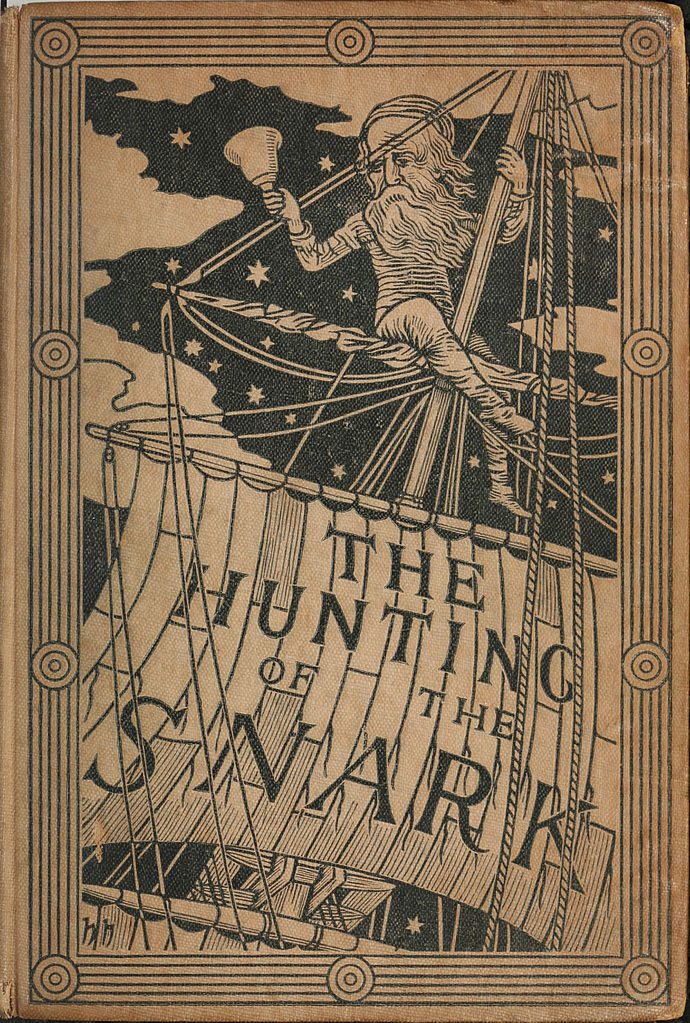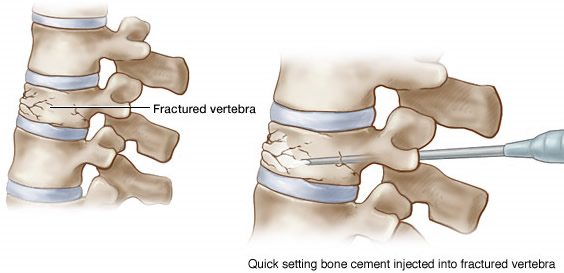Results for: ioannidis
Skeptic’s Guide to Debunking Claims about Telomeres in the Scientific and Pseudoscientific Literature
The New Year starts with telomeres as the trendiest of trendy biomarkers. As seen in Time, telomeres are the means to monitor our well-being so we can protect ourselves from all sorts from threats, including early death. A skeptic needs to do considerable homework in order to muster the evidence needed to counter the latest exaggerated, premature, and outright pseudoscientific claims about...

Mel asks and I do my best to answer. On acupuncture.
I read a lot of the pseudo-medical websites. The writing is at best pedestrian, often turgid, and, at its worst, incoherent. It is rarely either engaging or clever. Wit, the clever bon mot, the amusing turn of phrase or retort, is rare at best. So rare I cannot think of an example. It is ironic that those who engage in fantastical treatments...
Chaperones Needed. On acupuncture.
I receive a monthly newsletter from my medical board. Among other issues discussed are the results of disciplinary actions for physicians. Occasionally a physician who has boundary issues is required to have a chaperone present when doing exams. I was thinking that the concept of a chaperone could be more widely applicable. Consider “You Docs: Amazing acupuncture,” the latest from Drs Oz...

Do doctors pay attention to negative randomized clinical trials?
We at the Science-Based Medicine blog believe that all medicine, regardless of where it comes from, should be held to a single science-based standard with regards to efficacy, effectiveness, and safety. We tend to focus primarily on “complementary and alternative medicine” (CAM), now more commonly known as “integrative medicine,” because (1) we believe it to be undermining the scientific basis of medicine...
Acupuncture Vignettes
I seem to be writing a lot about acupuncture of late. As perhaps the most popular pseudo-medicine, there seems to be more published on the topic. I have a lot of internet searches set up to automatically feed me new information on various SCAMs. Interestingly, all the chiropractic updates seem to be published on chiropractic economics sites, not from scientific sources. Go...
Acupuncture Whac-a-Mole ™
Those who cannot remember the past are condemned to repeat it. – George Santayana Most people don’t have that willingness to break bad habits. They have a lot of excuses and they continue to produce bad clinical studies. – Carlos Santana (Well, not the last 4 words.) One is a guitar player, one is a philosopher. I get them confused. I think...
Everything Causes Cancer
It’s likely you know someone who has bought into the notion that nutrition is everything, the source of all health and the cause of all illness. Nutrition is very important, to be sure, but it is only one of many possible causes of disease, and if you live in a Western industrialized nation you probably have adequate nutrition. The notion, however, that...
The Science of Clinical Trials
Science-based medicine is partly an exercise in detailed navel gazing – we are examining the use of science in the practice of medicine. As we use scientific evidence to determine which treatments work, we also have to examine the relationship between science and practice, and the strengths and weaknesses of the current methods for funding, conducting, reviewing, publishing, and implementing scientific research...
“Postnatal depression blood test breakthrough” or Churnalism?
“Postnatal depression blood test breakthrough” proclaimed the headline. The UK Guardian article then declared: British doctors reveal ‘extremely important’ research that could help tens of thousands of women at risk. Here it comes. Readers were going to be fed a press release generated by the study’s authors and forwarded undigested by the media but disguised as writings of a journalist. If only...

